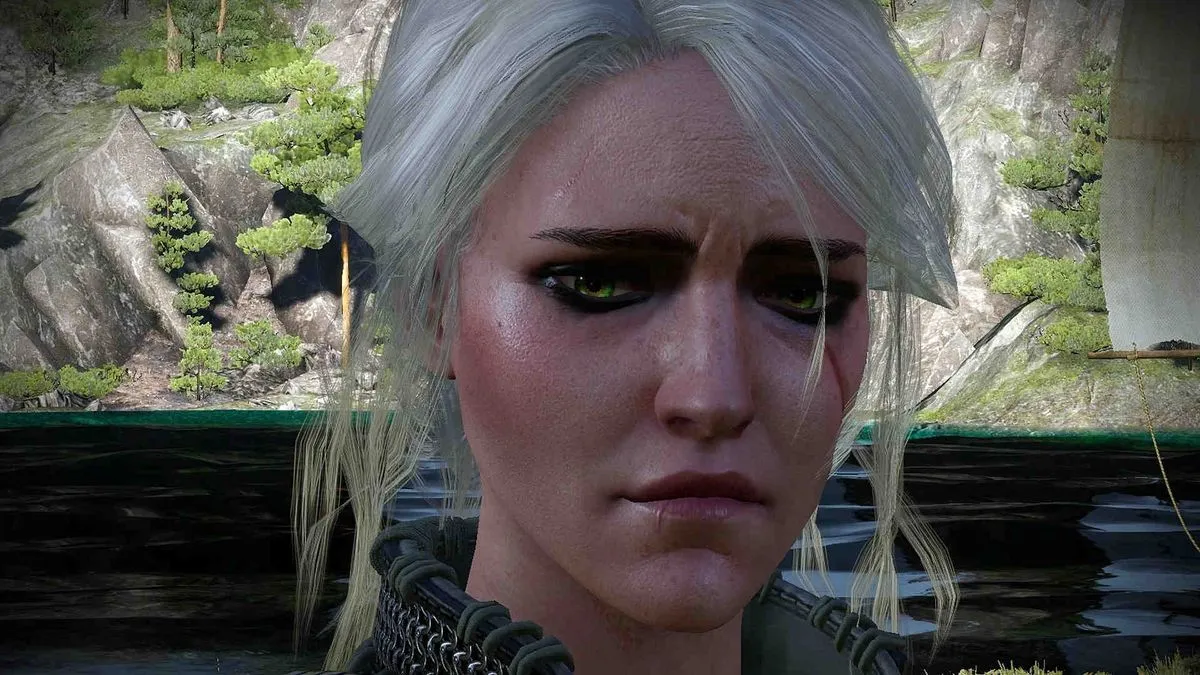or played the game
I would argue it's actually a detriment to experience anything other than the source material when adapting a work. Especially with books, different people are going to have wildly different interpretations of the world. The character that exists in your mind is going to be different from somebody else who read the same book. But once it is adapted to a visual medium, you lose a bit of that magic. Which sucks, because all of those previous interpretations are still valid! More valid even, than anything that was put to screen, because they were yours.
I think the argument for accuracy is kind of bullshit anyway (not that you said this, but others have). Is The Shining (the film) worse for the changes it made to the original text? Stephen King might think so; he would also be wrong. You don't want something accurate, you want something that's good. You want somebody with passion and artistic vision to create something new and uniquely amazing. The recent Last Of Us show, to my knowledge, tread pretty closely to the source material. "Aha!" you might say. But what is also true, is that the best episode of that first season was also the probably the biggest deviation from the source material. I probably don't even need to say which one if you've seen the show.
Anyway, companies should hire people who are both passionate about the source material, and want to make something cool and new in that world - not robots who are just going to recreate the original work beat for beat. If I wanted that, why wouldn't I myself just, you know, read the book?

